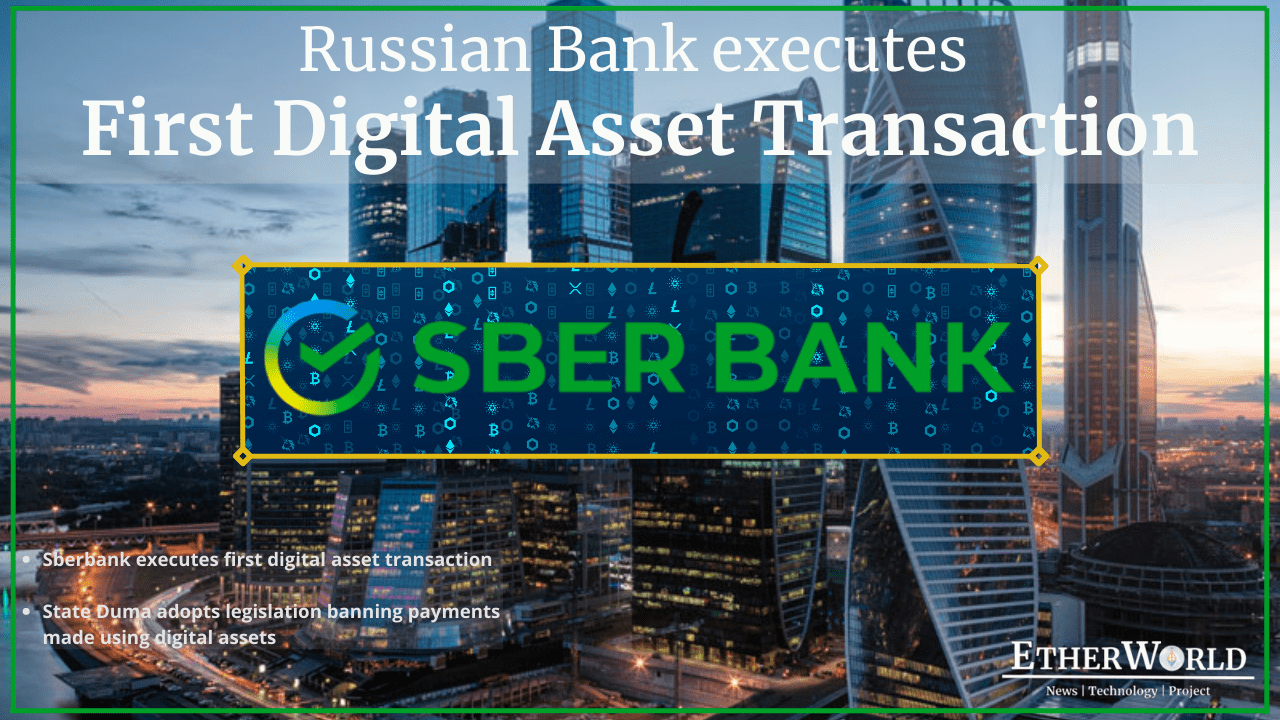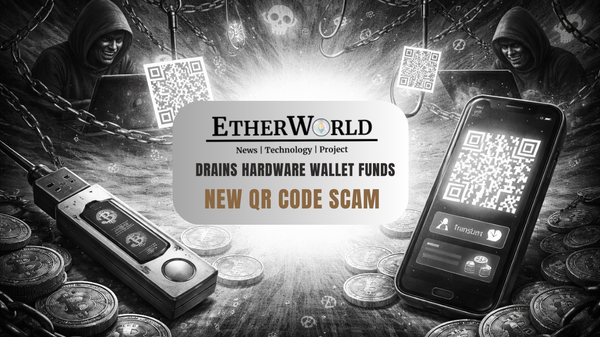- Sberbank executes first digital asset transaction
- State Duma adopts legislation banning payments made using digital assets
Sberbank executes first digital asset transaction
Sberbank is the largest bank in Russia and a bank that is majority controlled by the government. Sberbank announced the launch of the smart contract-based blockchain platform. This platform was licensed and approved on 17 March 2022.
The first transaction involving a digital financial asset (DFA) was completed by Sberbank using its own blockchain-based platform, by executing a 1 billion rouble (around $15 million) issue with a three-month maturity. This transaction was conducted by SberFactoring, a subsidiary of Sberbank. Anatoly Popov, deputy chairman of the board of Sberbank, said in the announcement:
"The launch of the platform and our obtaining the status of an operator is the result of the teamwork of many divisions of our bank in close cooperation with the Bank of Russia"
The blockchain platform of Sberbank is now in the pilot phase with a small number of users, but all of the bank's corporate clients will soon be able to connect to it. The bank intends to add more categories of financial assets to its platform in the future. Russia is seeking to enhance its supervision of cryptocurrency transactions and may start regulating the sector later this year.
State Duma adopts legislation banning payments made using digital assets
The head of the State Duma's Financial Markets Committee in Russia, Anatoly Aksakov, introduced a bill on Tuesday that would prohibit the use of Digital Financial Assets (DFA) to pay for any kind of goods or services. As stated on the cover note:
“The ruble is the official monetary unit (currency) of the Russian Federation. The aforementioned article sets a prohibition against the introduction of other monetary units or monetary surrogates on the territory of the Russian Federation.”
Although the bill makes reference to existing law that doesn't expressly forbid utilizing DFAs as a payment method, such operations are still not considered legal in the country. The new document would formally establish this prohibition and require DFA exchange administrators to avoid any transactions involving the use of cryptocurrency as a substitute for fiat currency. The paper also suggests that some utility token payments that are covered by other federal regulations or where certain transactions are included in the initial agreement for the purchase of the relevant digital right may be excluded from the restrictions.
The idea of an "electronic platform" was also introduced by the bill, which is broadly defined as a financial platform, investment platform, or information system where digital financial assets are issued. Electronic platforms would be required to register with the central bank as subjects of the national payment network. Every significant DFA operation, including the creation, distribution, exchange, and trade, would have its own registry.
Other Reads
- Ethereum Bulletin
- Binance enters the Spain market
- US Treasury designed the Framework for International Crypto Regulation
- Vauld halts trading, deposits and withdrawals
- DNS Attack affects Polygon and Fantom
- Highlights of Ethereum Consensus Layer meeting 90
- ConsenSys’ partnership with StarkWare
- SwaySwap launch on Ethereum's Modular Execution Layer
Disclaimer: The information contained on this web page is for education purposes only. Readers are suggested to conduct their own research, review, analyze and verify the content before relying on them.
To publish press releases, project updates, and guest posts with us, please email at contact@etherworld.co.
Subscribe to EtherWorld YouTube channel for ELI5 content.
Share if you like the content. Support us at Gitcoin
You've something to share with the blockchain community, join us on Discord!







